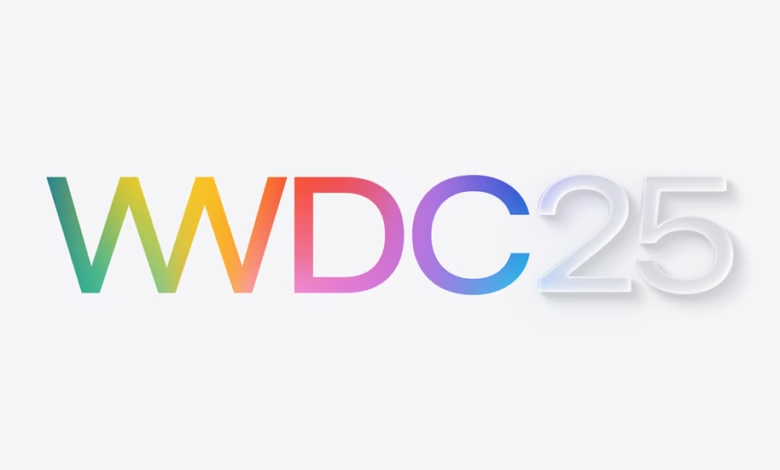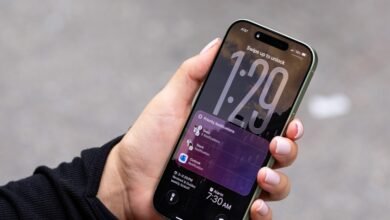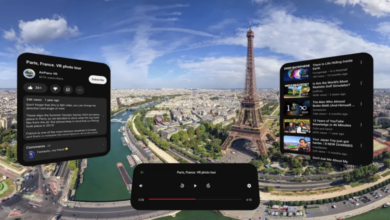WWDC 25: Apple Must Rebuild Developer Trust After AI Flaws & Lawsuits

▼ Summary
– Apple’s AI ambitions unveiled at WWDC 2024, including a revamped Siri and developer tools, have faced delays and underwhelming execution.
– The delayed rollout of Apple Intelligence features, especially the personalized Siri, has left developers and consumers disappointed, weakening Apple’s AI competitiveness.
– Developers hope WWDC 2025 will bring incremental AI improvements, such as better app integration and tools, rather than major Siri advancements.
– Apple aims to boost its ecosystem by enabling AI-assisted app development, but tools like Swift Assist remain unreleased, and web-based AI apps challenge its dominance.
– A U.S. court ruling barring Apple from charging fees on external payments threatens App Store revenue, pressuring Apple to enhance developer incentives and ecosystem value.
Apple faces mounting pressure to deliver on its AI promises and rebuild developer confidence ahead of WWDC 2025. Last year’s Worldwide Developers Conference set high expectations for the company’s artificial intelligence capabilities, but follow-through has been inconsistent at best. What was pitched as a transformative AI ecosystem—featuring smarter Siri integration, on-device intelligence, and powerful developer tools—has yet to fully materialize, leaving many questioning Apple’s competitive edge in the rapidly evolving AI landscape.
The delayed rollout of Apple Intelligence features has been particularly damaging. The company positioned its revamped Siri as the centerpiece of its AI strategy, promising a context-aware assistant capable of understanding user behavior across apps. Yet, developers still lack access to these capabilities, limiting their ability to create more dynamic app experiences. Consumers, meanwhile, are left with a fragmented AI experience that falls short of competitors like Google, OpenAI, and Microsoft.
With WWDC 2025 approaching, expectations are more tempered than before. Rather than anticipating groundbreaking AI announcements, developers and analysts are hoping for incremental improvements—better integration of AI into native apps and tools that actually empower creators. One area where Apple could make significant strides is AI-assisted app development, where rivals like Cursor and Replit have already gained traction. Simplifying coding with AI could attract more developers to the iOS ecosystem, especially as web-based tools lower barriers for non-technical users.
The App Store’s future is another critical challenge. Recent court rulings in the U.S. have forced Apple to allow alternative payment methods without charging fees, potentially diverting billions in revenue. If developers steer users toward external subscriptions, Apple must prove that its ecosystem still offers unmatched value. Swift Assist and rumored AI coding tools could help, but only if they’re widely available and genuinely useful.
Apple’s biggest test at WWDC 2025 won’t just be technical—it will be about trust. Developers need proof that Apple can execute on its AI vision, especially as regulatory and competitive pressures mount. The company must demonstrate that its platform remains the best place to build, distribute, and monetize apps—even as alternatives gain ground. If Apple fails to deliver, it risks falling further behind in an AI-driven market where speed and innovation are everything.
(Source: TechCrunch)





